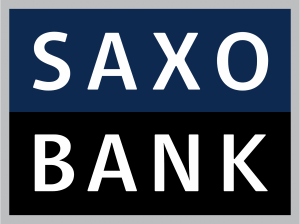Binance cancels plans to establish subsidiary in Austria
Binance has decided to withdraw its application for an operational license with the Financial Market Authority of Austria. The exchange said the decision was made in the best interest of all parties involved, including Binance, its clients, regulators, and the broader cryptocurrency industry.

The withdrawal comes barely one year after Binance revealed plans about its expansion in Austria, which included the establishment of a subsidiary called Binance Austria GmbH. The company had expressed its intentions to acquire a license for the subsidiary, potentially allowing it to operate as a “service provider in relation to virtual currencies.”
“We are unable to share details of our conversations with regulators, however, we remain committed to acting in compliance with our obligations wherever Binance operates,” a Binance spokesperson said.
The spokesperson didn’t give a reason why it was unable to receive a license from the Austrian financial supervisory authority FMA. But German magazine Finance Forward claims that the pressure from the authority is believed to be the reason behind this decision.
Cryptocurrency companies operating in Austria have to apply for a license to the nation’s financial watchdog as the new Anti-Money Laundering (AML)) regulations come into effect. License applicants must show to the Austrian financial watchdog that they possess sufficient capability, coherence, and solvency to run the business.
As part of their plans, the Financial Markets Authority (FMA) of Austria will impose a maximum fine of €200,000 on cryptoasset-related businesses that fail to register with the country’s regulator.
While the specific reasons behind the withdrawal are not mentioned, the exit marks yet another setback in the crypto giant’s efforts to expand its presence in Europe. The exchange has encountered regulatory scrutiny in several countries, including the United Kingdom, the Netherlands, France, and now Austria. These regulatory concerns have led to restrictions on Binance’s operations and, in some cases, the withdrawal of its services from certain jurisdictions.
Binance, under the existing regulatory framework, is required to obtain approval by adhering to the money laundering prevention rules in order to operate within an EU country. The company has obtained approvals in several EU countries, including France, Italy, Spain, Poland, Sweden, and Lithuania. However, this situation is expected to change once the European Union approves its Markets in Crypto Assets (MiCA) regulation.
The introduction of MiCA provides a unified regulatory framework for cryptocurrencies and digital assets across EU member states, potentially streamlining the approval process for Binance and other crypto-related entities operating in the region.









